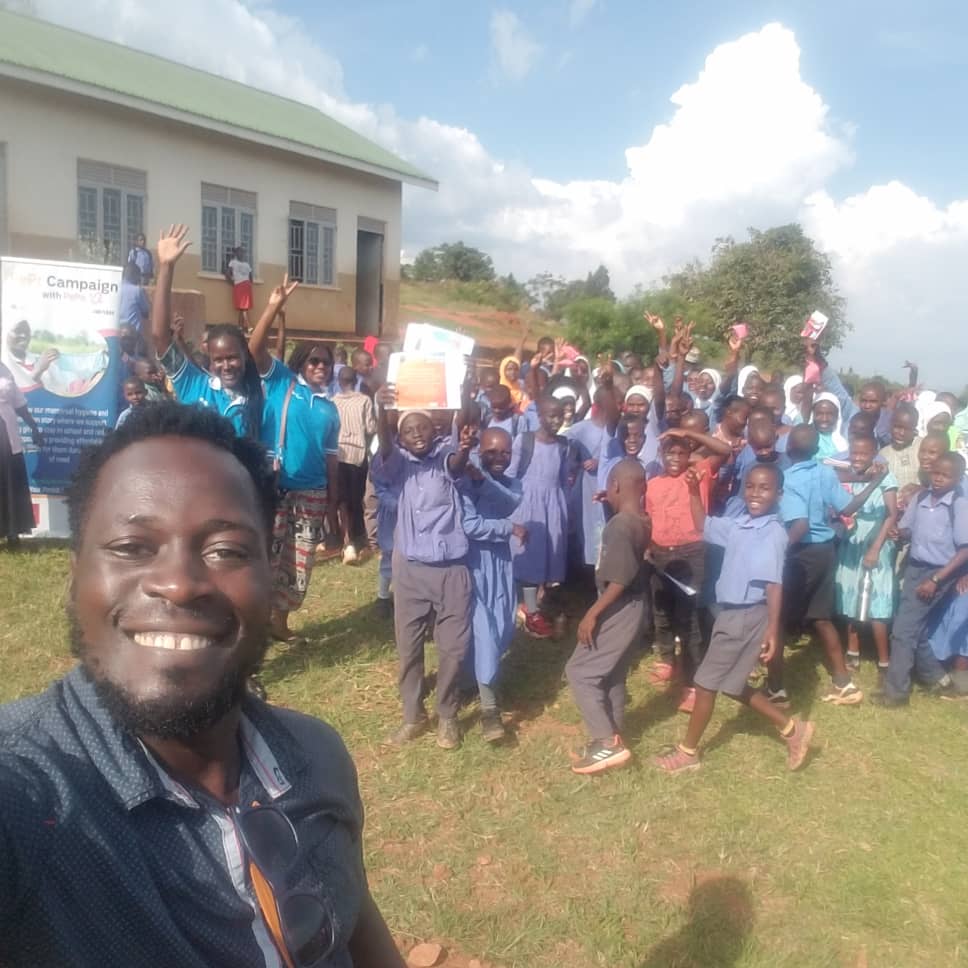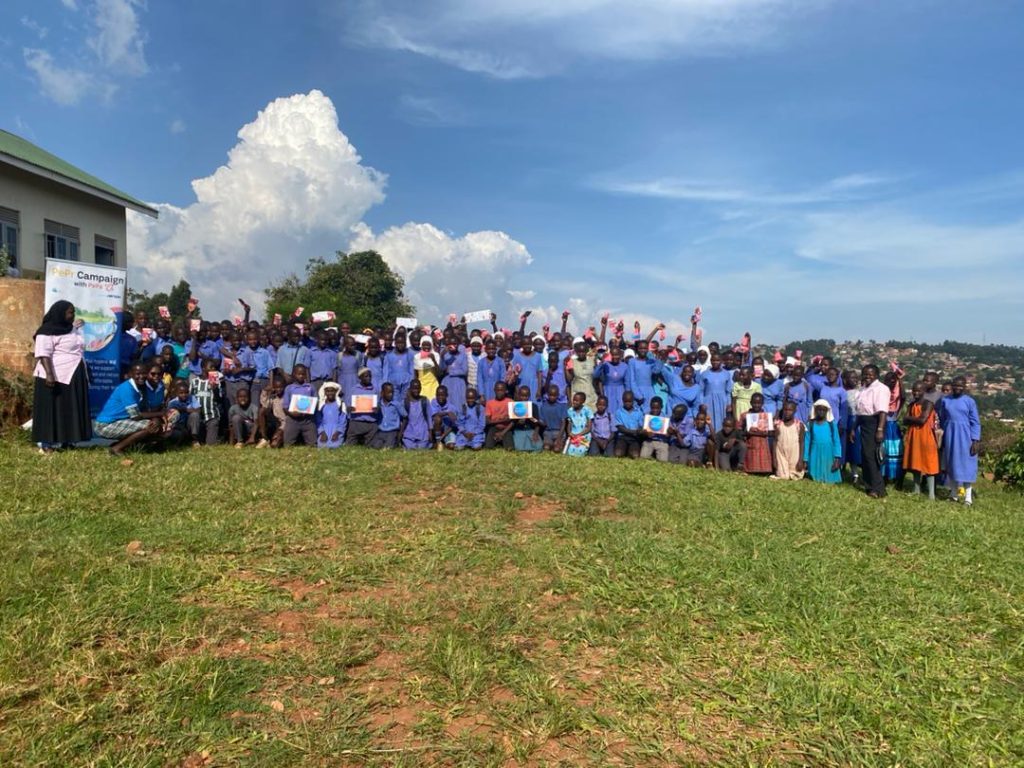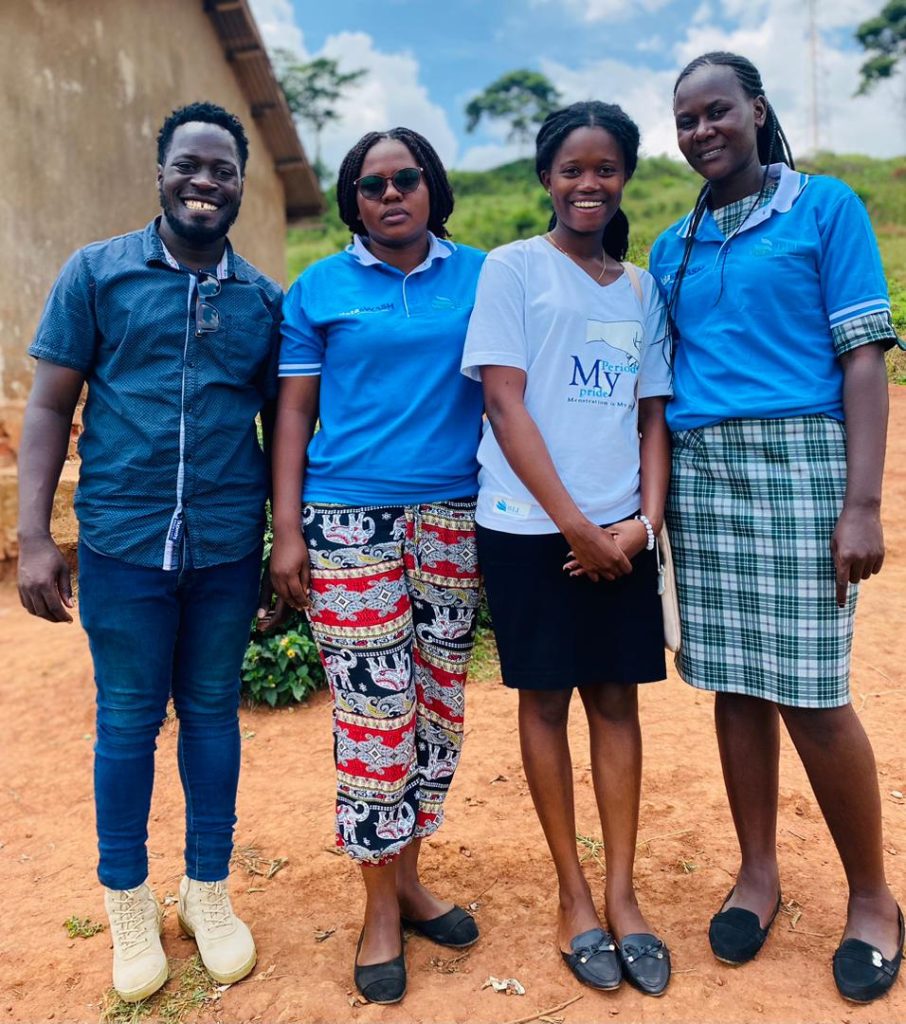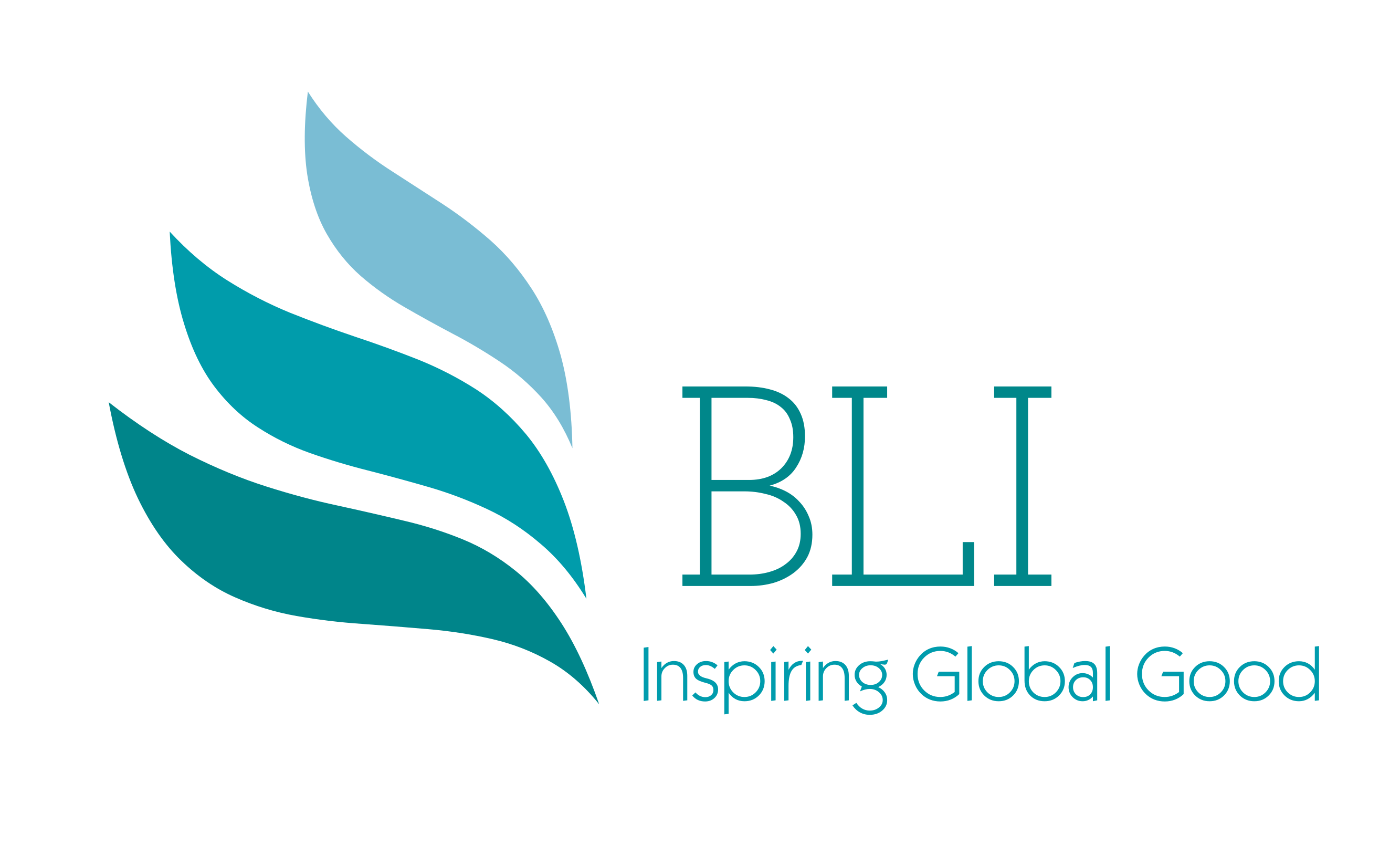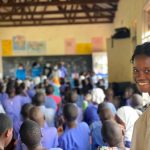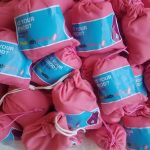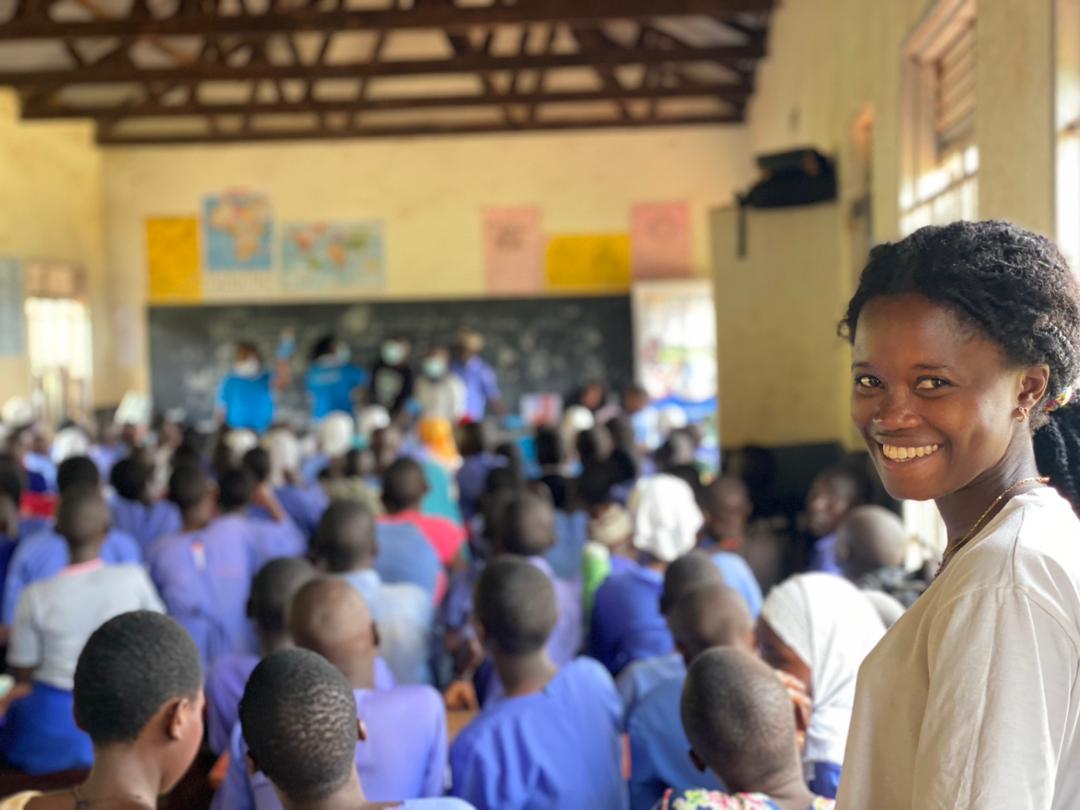
This activity aimed to enhance the educational experience, promote health and overall well-being of students in the community.
Activity Objectives
- To promote proper WASH practices among students
- To create a sustainable and holistic learning environment.
- To integrate digital literacy and WASH to improve students digital literacy skills.
- To educate girls about their bodies and how to maintain good hygiene during menstruation
- To educate both boys and girls about menstruation in a supportive and inclusive environment.
Activities conducted
- Needs analysis (1 week)
The BLI team conducted a thorough assessment of the school’s existing infrastructure including access to clean water and sanitation facilities. The team identified specific challenges and opportunities for improvement.


- WASH activity (day 1)
The BLI team implemented an interactive session on hand washing, sanitation management. The team also empowered the students and teachers with skills in making liquid soap which was delivered practically.
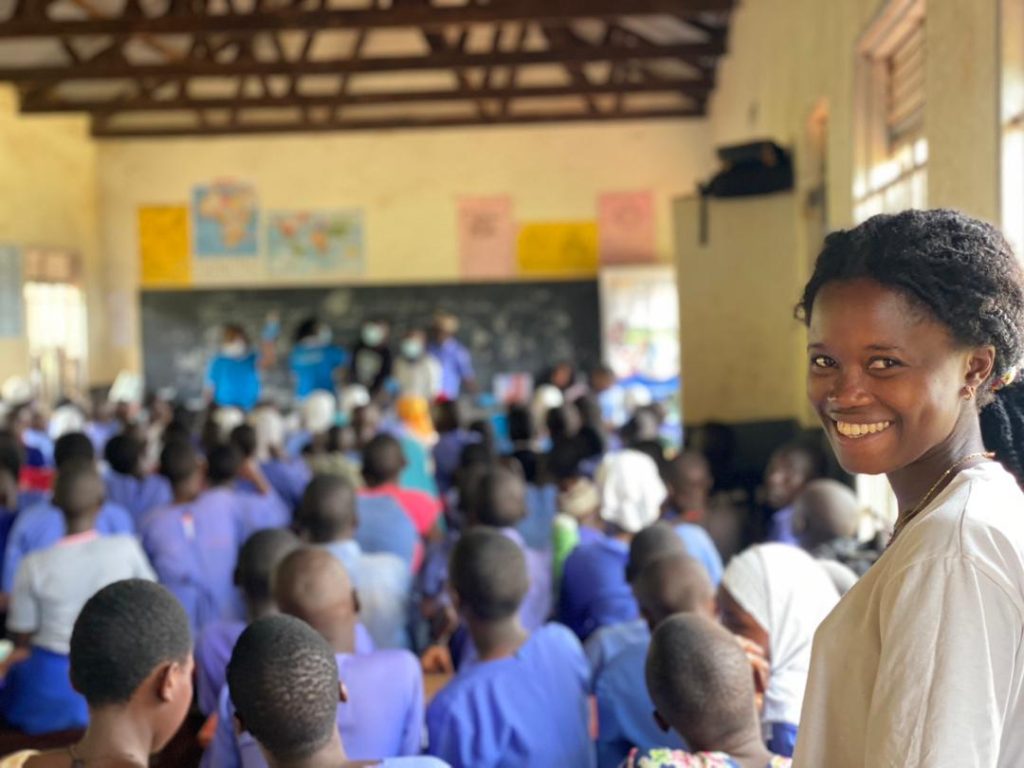
The team educated girls on the importance of daily personal hygiene including bathing, washing hands and wearing clean clothes to maintain cleanliness and prevent infections during menstruation. The team provided age appropriate information and materials to the students while explaining menstruation such as what it is, why it happens and when it usually begins in order to encourage girls to become more aware of their bodies.
The team introduced various menstrual products like disposable pads, menstrual cups, reusable pads and tampons, explained their differences and the pros and cons of each option. This was to emphasize that they have choices and should select the products that suit them best.
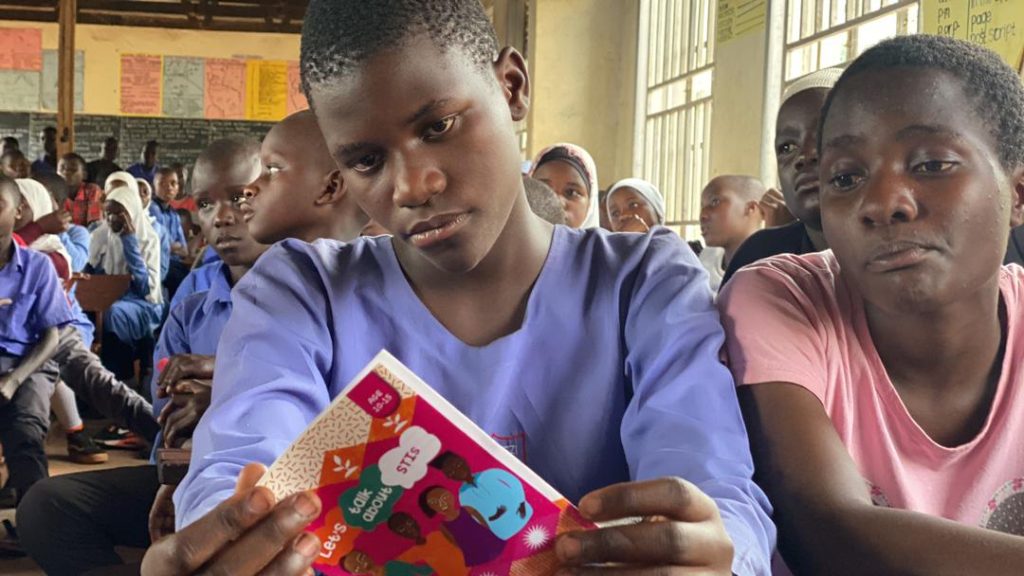
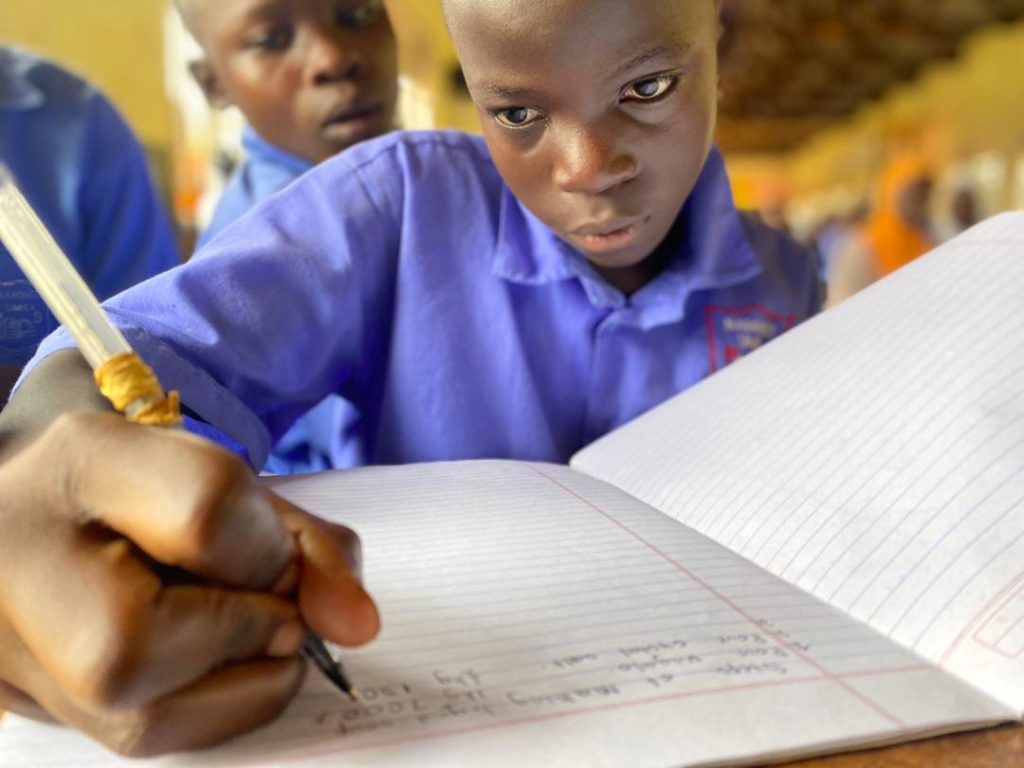
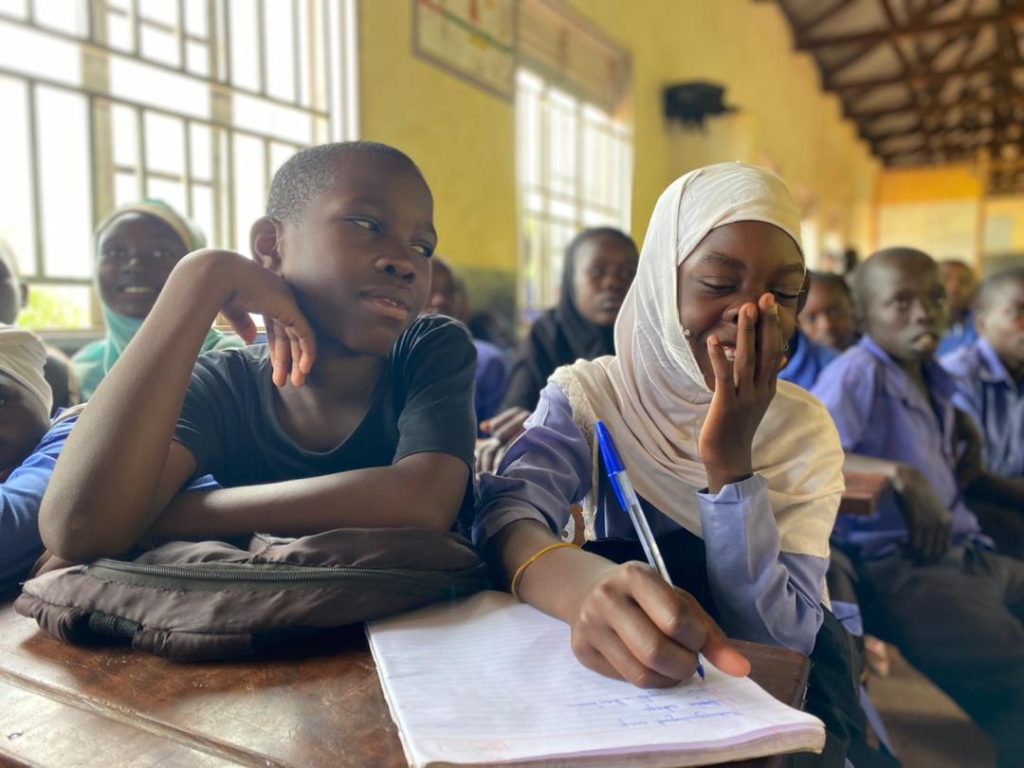
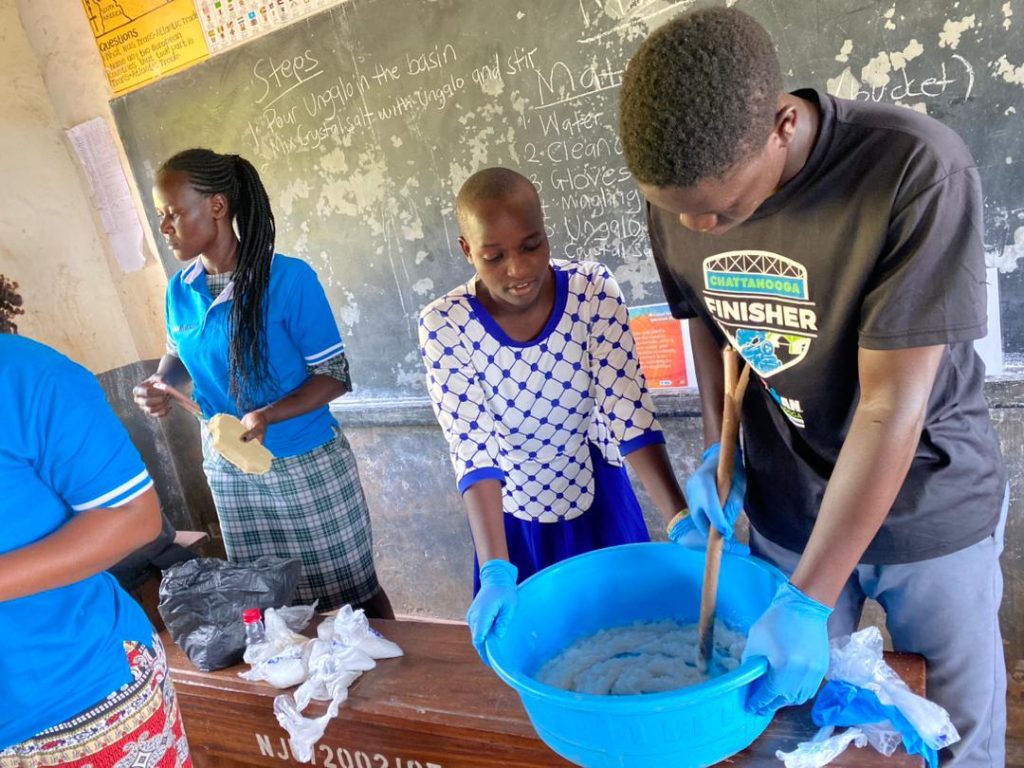
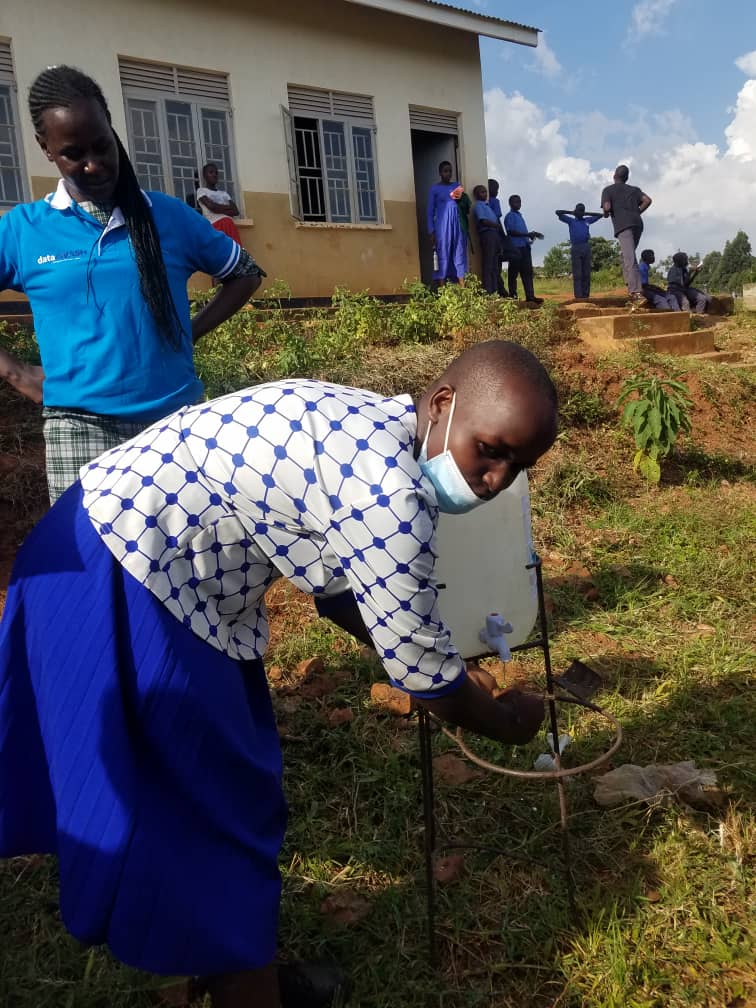
The team went ahead and discussed the correct disposal methods of menstrual products, talked about the eco-friendly options and the importance of not flushing products down the toilet. The team trained both boys and girls how to make reusable pads as they discovered that it is the most favorable and environmental friendly option for them.
We distributed educational materials and posters to reinforce WASH practices and a kit of reusable pads was donated to every girl present. The team emphasized the importance of open communication, encouraged girls to talk to their parents’ caregivers or trusted adult about any concern or questions they have regarding menstruation.
The BLI –Global team donated and installed a hand washing facility at the girls’ toilet with in the school.
- Digital literacy activity (day 2)
BLI in partnership with ICT4Education organized a digital literacy session for both students and teachers. They covered topics such as basic computer skills, internet safety and effective use of educational software. We initiated a “cleanest classroom” competition to encourage cleanliness and hygiene.


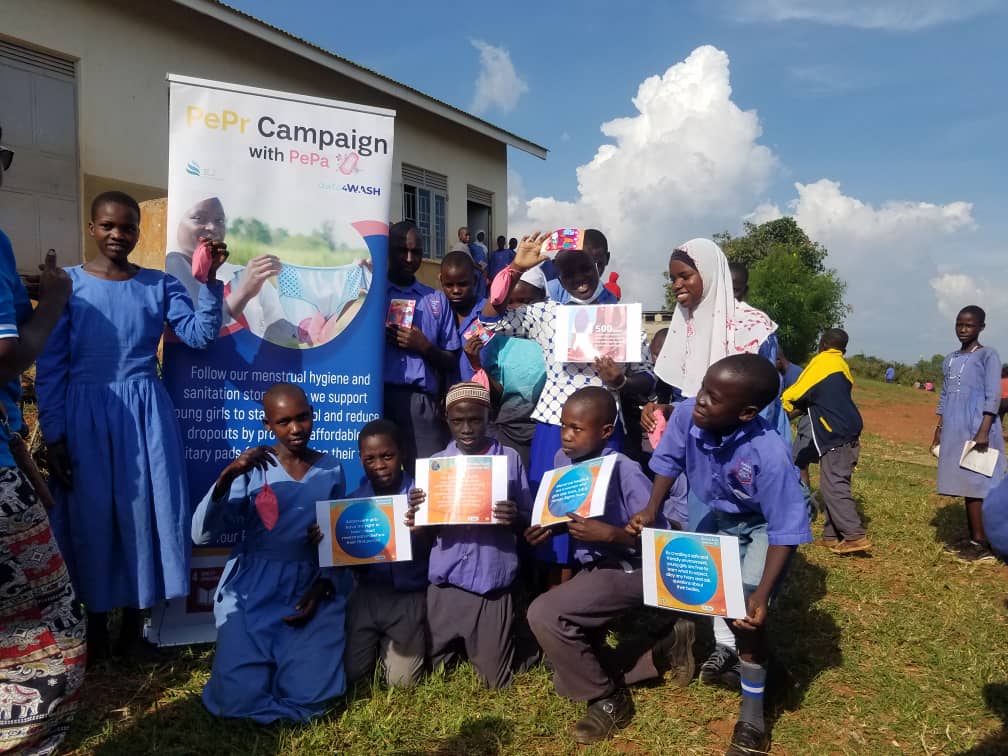

Impact and Sustainability
Educating girls about menstrual hygiene management before they start their periods is essential for their wellbeing and confidence.by providing them with knowledge and tools they need, we can empower them to navigate this significant life change with ease and dignity.
By embracing an inclusive and age appropriate approach, it not only educated boys and girls about menstruation but also worked towards breaking the STIGMA surrounding it. The activity improved the overall cleanliness of the school and classrooms by creating a safer and more conducive learning environment.
The activity has promoted positive behavioral change in WASH practices among students leading to reduced absenteeism due to lack of menstrual products or period poverty.The training session didn’t end with the session, participants were provided with resources and contact information for healthcare providers to ensure they could seek help or information whenever needed.
Boys were actively engaged to build empathy and understanding. They learned about the challenges girls face during menstruation and how to be supportive friends and allies. The activity addressed societal taboos surrounding menstruation hence promoting a positive attitude towards this natural process.
Participants gained confidence in talking about menstruation with their peers and family members
Participants understood the importance of proper disposal methods.
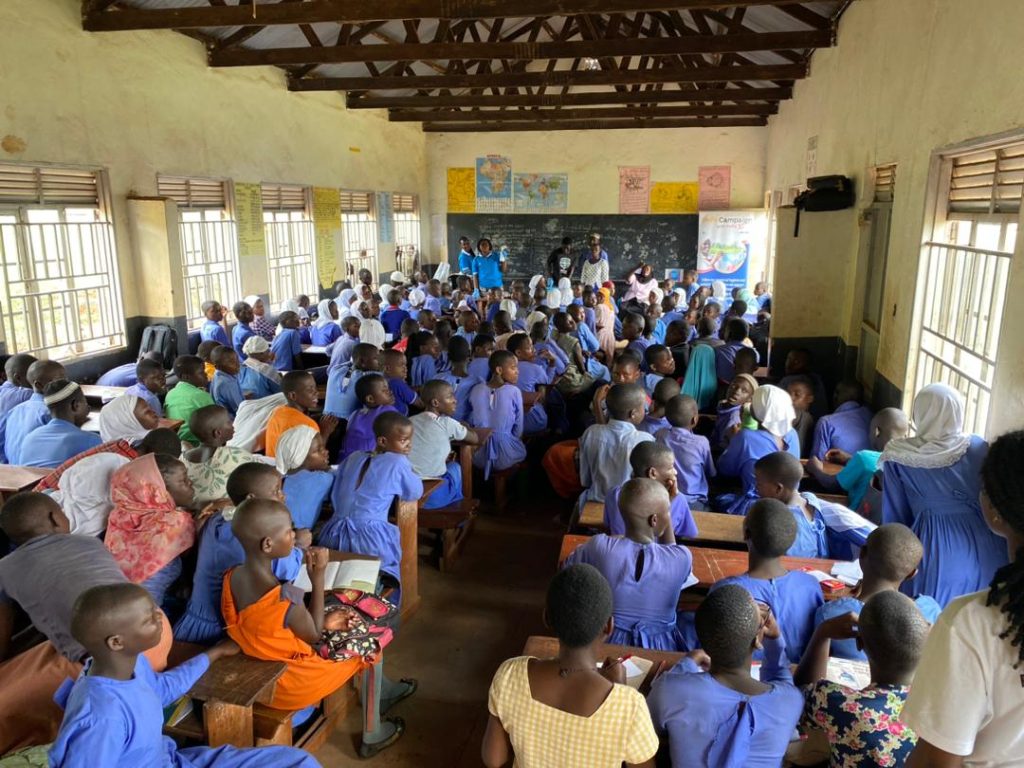
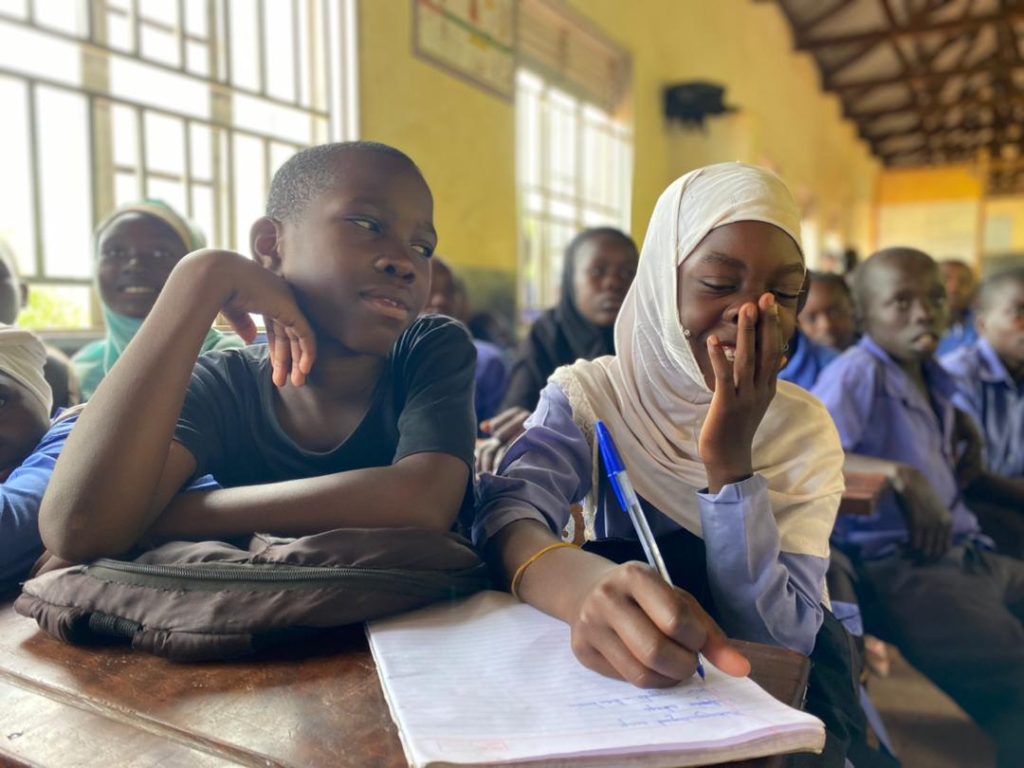
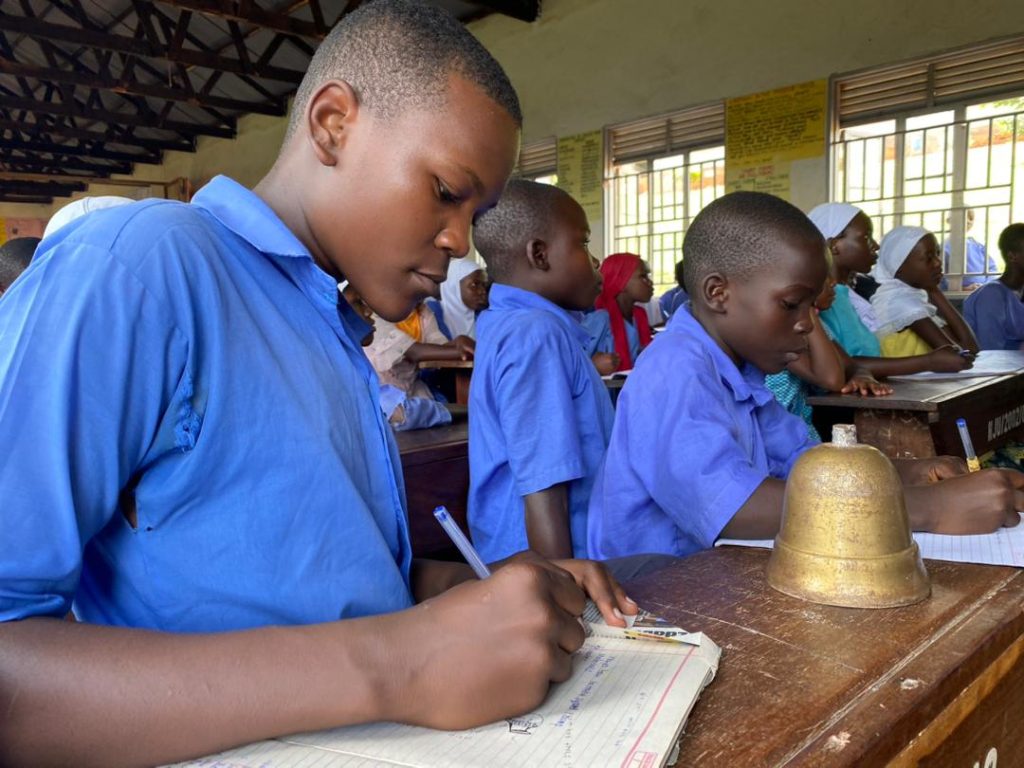
Conclusion
The integration of WASH and digital literacy skills in the school was a remarkable success positively impacting the education and wellbeing of the students. The activity demonstrated a holistic approach to education addressing digital literacy and health related challenges in the community. With ongoing support and commitment these positive changes can be sustained, empowering students and fostering a brighter future for the community.
We call upon your support on this cause.
“End period poverty” keep girls in school
